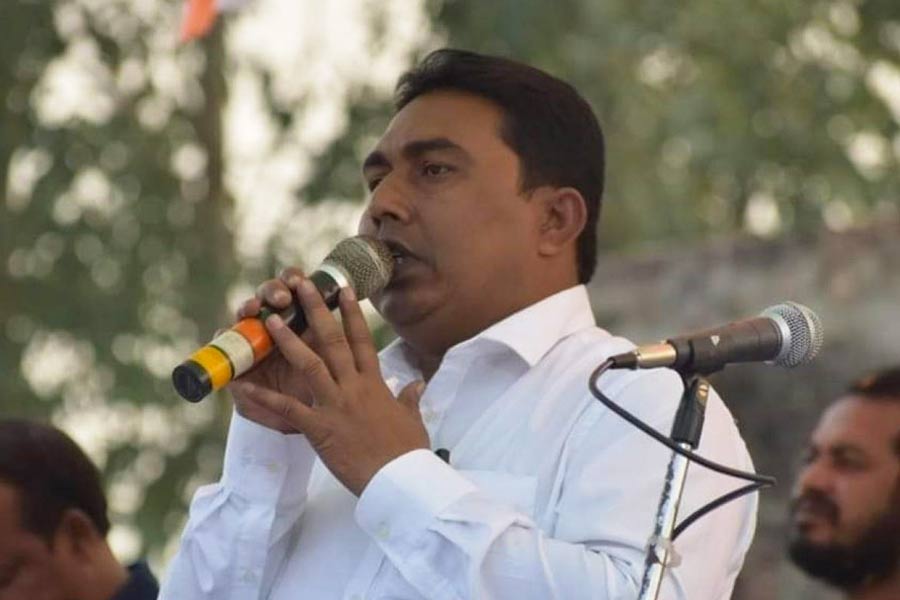Sheikh Shahjahan, the principal accused in the attack on Enforcement Directorate officials in Sandeshkhali that took place 55 days ago as well as the alleged perpetrator of other crimes that have come to light since, has been arrested by the police at long last. The former Trinamul Congress leader, who has been charged with forcible acquisition of arable land and sexual exploitation of local women, among other crimes, was sent to judicial custody. This, the ruling party would be hoping, would close an ignoble chapter in its reign. But this should not be the case. The hoodlum’s arrest should mark the beginning of a new chapter that fetches the answers to several troubling questions. How did the accused succeed in evading the long arm of the law for such a long time? Who were his patrons? Their clandestine support to the strongman ensured his seeming immunity from the law all these years. Unsurprisingly, the politics surrounding Sandeshkhali is going to be prolonged in this poll season. The Bharatiya Janata Party would want to milk the episode for political gain. However, the delivery of justice to the victims, rather than the communalization of the incident, must be prioritised by Bengal’s principal Opposition party. The TMC, on the other hand, would be keen on deflecting attention from the controversy. It has begun its damage control exercise by suspending the miscreant from the party: a step that the TMC has described — risibly — as adherence to raj dharma. Simultaneously, it is striving to compensate the losses suffered by Sandeshkhali’s residents. This, though, should not be a time for cosmetic measures: much more needs to be done, including the dismantling of the nexus between politicians and criminals not just in Sandeshkhali but also in other parts of Bengal. Only this kind of a cleansing can insulate the TMC from an electoral backlash.
Sandeshkhali also demands a renegotiation of democracy’s stakeholders — state government, administration and the media — with Bengal’s hinterlands. Far too often, tales of organised criminality and repression of those on the margin come to light after they are perpetrated: they then disappear into the proverbial cracks once the accompanying political noise dies down. Justice and the rule of law must not be limited by geography. Their reach must be uniform: democracy and its minders must ensure that.

